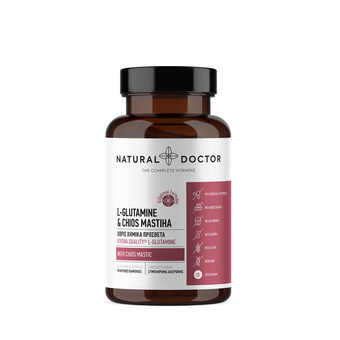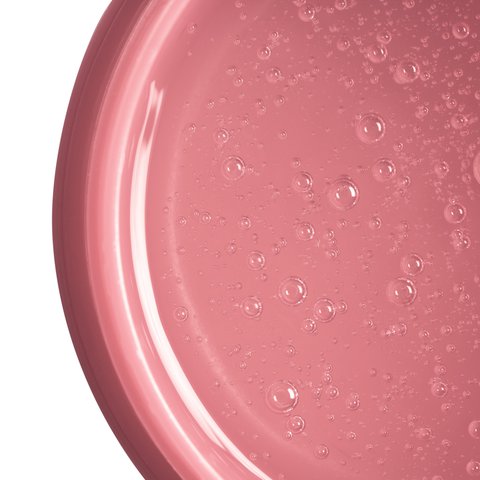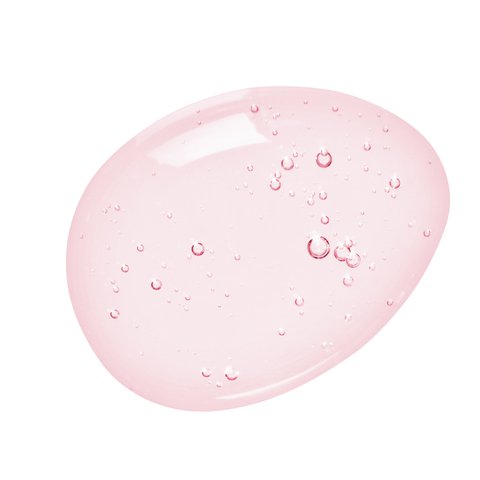Unlocking the Power of Chios Mastic: Your Key to Digestive Wellness

Mastic gum is a resin obtained from the trunk and branches of the mastic tree (Pistacia lentiscus). It has been used for centuries in traditional medicine and culinary practices, particularly in the Mediterranean.
Mastic gum is known for its potential health benefits, including its effects on gut health. Here's what you need to know about mastic gum and its impact on gut health.
Antimicrobial Properties
Mastic gum possesses antimicrobial properties, primarily due to its high content of bioactive elements such as terpenes and polyphenols. These compounds exhibit antimicrobial activity against many bacteria, fungi, and parasites.
Mastic gum has been shown to inhibit the growth of pathogenic microorganisms in the gastrointestinal tract, including Helicobacter pylori, a bacterium implicated in stomach ulcers and gastritis.
Gastric Health
Mastic gum has been traditionally used to support gastric health and promote digestive comfort. It helps to maintain the integrity of the stomach lining and support the healing of gastric ulcers.
Studies have suggested that mastic gum may exert gastroprotective effects by reducing gastric acid secretion, enhancing mucosal defense mechanisms, and inhibiting the growth of H. pylori bacteria.
Anti-Inflammatory Effects
Chronic inflammation in the gastrointestinal tract is associated with various digestive disorders, including inflammatory bowel disease (IBD), Crohn's disease, and ulcerative colitis.
Mastic gum exhibits anti-inflammatory properties and may help reduce inflammation in the gut by modulating immune responses, inhibiting inflammatory cytokines, and suppressing the activation of inflammatory pathways.
Improvement of Gut Barrier Function
The gut barrier plays a critical role in maintaining intestinal homeostasis and preventing the entry of harmful substances into the bloodstream.
Disruption of the gut barrier can lead to increased intestinal permeability (leaky gut), associated with various gastrointestinal disorders and systemic inflammation.
Mastic gum has been shown to support gut barrier function by strengthening tight junctions between intestinal epithelial cells and reducing permeability.
Prebiotic Effects
Emerging research suggests that mastic gum may exhibit prebiotic effects by promoting the growth and activity of beneficial gut bacteria. Prebiotics are non-digestible fibers that selectively stimulate the growth and activity of beneficial bacteria in the gut microbiota.
By nourishing beneficial bacteria, mastic gum may help maintain a healthy balance of gut microbiota and support overall gut health.
Symptom Relief
Some individuals use mastic gum as a natural remedy to alleviate symptoms of digestive discomfort, including bloating, gas, indigestion, and abdominal pain.
While scientific evidence supporting its efficacy for symptom relief is limited, anecdotal reports suggest that mastic gum may help improve digestive symptoms in some individuals, particularly those with functional gastrointestinal disorders.
Our scientists have selected to combine L-Glutamine with Chios Mastiha, which can offer multiple benefits for gut health, including supporting digestive function, promoting gut barrier integrity, balancing gut microbiota, reducing inflammation, and supporting the healing of gastrointestinal tissues.
The synergistic combination of L-glutamine & Chios Mastiha can benefit individuals with gastrointestinal issues, digestive disorders, or those seeking optimal gut health and well-being.
As with any supplement, it's essential to consult a healthcare professional before starting supplementation, especially if you have underlying health conditions or are taking medications.



